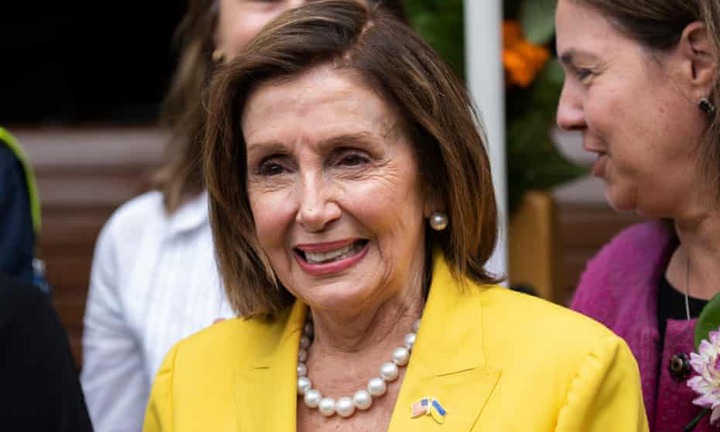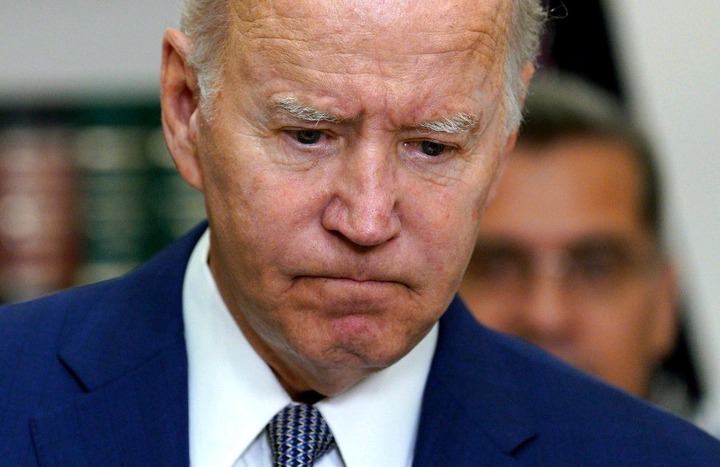
Under the looming cloud of a contentious impeachment investigation, President Biden finds himself thrust into a political maelstrom reminiscent of recent partisan battles. In a divisive move, the House of Representatives voted 221-212 along party lines to initiate a formal investigation into the President’s alleged involvement in his 53-year-old son Hunter Biden’s international business dealings. ( 📄 The Substantial Cost of Migrant Welfare Financed by American Taxpayers During Biden’s Administration ) The decision sparks renewed debates on the legitimacy of such probes and the consistency of political leaders in managing impeachment inquiries, drawing intriguing parallels to the events of 2019 when then-Speaker Nancy Pelosi spearheaded an impeachment inquiry into then-President Donald Trump, opting against a formal vote.

The juxtaposition of Pelosi’s past stance and her current disapproval of the impeachment proceedings against President Biden raises questions about political motivations and principles. ( 🔗 Landmark Supreme Court Decision Deals Blow to Joe Biden ) A fact pointed out by Washington Examiner columnist Byron York highlights Pelosi’s earlier decision against holding an authorizing vote. ( 📰 Health Professionals Warn Against 3 Popular Supplements That Pose Serious Risks—#2 Tied to Cancer! ) (news-us.feednews.com) The tension surrounding the investigation becomes palpable in Pelosi’s recent exchange with MSNBC host Andrea Mitchell, who pointedly reminded Pelosi of her cautious approach to impeachment proceedings in the past, emphasizing the difficulty of halting such processes once initiated.
In response, Pelosi dismissed the inquiry into President Biden as “frivolous” and a “diversionary tactic,” redirecting the focus to what she sees as the achievements of Biden’s administration, including job reports and economic successes. The Republican argument for the impeachment inquiry centers around allegations of impropriety in President Biden’s connection to his son’s business dealings. Representative Scott Perry passionately defends the inquiry, asserting the abnormality of the financial aspects surrounding the Biden family, raising concerns about potential corruption and money laundering.
Senator Ron Johnson, a prominent Republican on the Permanent Subcommittee on Investigations, adds weight to the investigation’s credibility. Reports of banks filing suspicious activity reports (SARS) regarding Hunter Biden’s foreign business dealings, which flagged President Biden’s home address in Delaware, intensify the gravity of the allegations. Johnson’s statements suggest a nexus between Joe Biden and his son’s financial transactions, potentially opening avenues for broader inquiries into the President’s involvement.
The intricacies of the Hunter Biden investigation extend beyond mere political maneuvering, as lawmakers point to concrete financial evidence and raise concerns about possible criminal activities. References to money laundering and human trafficking add a layer of complexity to the unfolding narrative, prompting a closer examination of the Biden family’s financial affairs. As emotionally charged as it is politically significant, the investigation poses profound questions about the intersection of power, family, and potential wrongdoing in the highest echelons of American governance.

